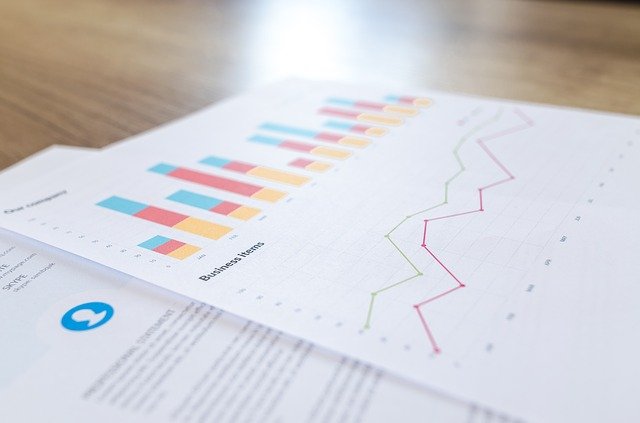The pandemic has shown investors is that reading the tea leaves regarding economic indicators doesn’t always translate to obvious investment decisions. Unemployment is high, small businesses are closing left and right, our nation’s history of a peaceful transfer of power is in question, and the stock market touches record highs. What gives?
This is a good illustration that the economy and the stock market are not the same thing. As a reminder, the stock market (and its measurers the S&P 500, MSCI, or Russell 2000) is a collection of companies that are publicly traded by investors looking for gains. The perceived value of those companies can be related to the health of the economy, but some sectors actually benefit from unhealthy economic activity.
In contrast the economy is “the wealth and resources of a country or region, especially in terms of the production and consumption of goods and services,” according to the Oxford Dictionary. Economic health is measured by things like unemployment rates, gross domestic product, exports, and other fancy terms.
So, while we mourn for our favorite neighborhood bistro and are sorry for the jobs lost when it closed, that really doesn’t affect the price of the stocks of Pfizer, Amazon, or Google. While we try to gift money to support strained food banks, Tesla stock goes through the roof.
Among many factors that can make the stock market rise is high demand for stocks. In other words, as people buy more stocks, the prices go higher. In this age of income inequality, we are seeing that those who are being most adversely affected by the COVID economy aren’t the same swath of the population who are able to buy stocks anyway. So, the rich, who keep their jobs, keep buying more stocks and driving prices higher.
The CARES Act provision allowing investors to take up to $100,000 from their 401(k)s in 2020 has barely been used. * Another example of how those who own stocks maybe aren’t suffering as much as those who haven’t ever had the means to be long term investors.
As ever, I encourage you to hang on to your diversified investment portfolio unless you need cash to spend right away. Try not to react to the bad economic news or the feeling that “the stock market is too high.”



